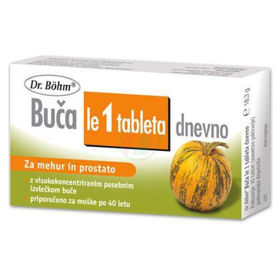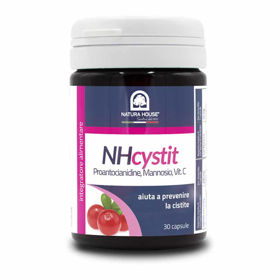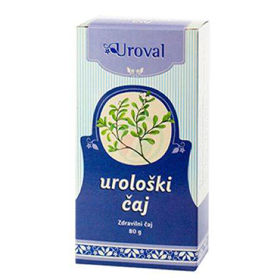Customer question:
Baking soda - is it even safe to use? Do you recommend it? Question from an anonymous customer
Pharmacist's answer:
Cystitis is inflammation of the bladder, usually caused by a bacterial infection of the bladder. This is a common type of urinary tract infection and is usually more of a nuisance than a cause for serious concern.
Although Cystitis can affect people of all ages and genders, it is much more common in women than men, usually over 30. Cystitis can majorly impact your daily life, including work, mental health, and relationships. But once the diagnosis is confirmed, different treatments and approaches can help; some of them can even harm you.
Mild cases of infection often improve on their own within a few days, but some people experience frequent episodes of Cystitis and may need regular or long-term treatment. In addition, Cystitis can sometimes lead to a more severe kidney infection, so it is essential to seek professional advice if symptoms do not improve.
A bit further down, let's also talk about bladder inflammation and baking soda.
The main symptoms of Cystitis are:
- pain, burning, or stinging when urinating
- more frequent and urgent need to urinate
- urine that is dark, cloudy, or has a strong unpleasant odor
- pain located low in the abdomen
- general malaise, pain, nausea, and fatigue
You may find the pain worse during your period or after eating certain foods or drinks. In addition, high temperature, weakness, irritability, decreased appetite, and vomiting are possible symptoms in young children.
When to see a doctor?
Seek medical attention if you have signs and symptoms common to a kidney infection.
These include:
- pain in the back or side
- fever and chills
- nausea and vomiting
If you notice frequent and painful urination, or if you notice blood in your urine, call your doctor immediately. Also, call your doctor if your cystitis symptoms return after you stop taking antibiotics. You may need to try another type of treatment.
What causes inflammation of the bladder?
Most cases are thought to occur when bacteria that live harmlessly in the gut or on the skin enter the bladder through the urethra. It's not always clear how this happens, but it can be a result of the following:
- sexual intercourse
- wiping the buttocks from back to front
- inserting a tampon or urinary catheter
- use of the diaphragm for contraception
- chemotherapy
How to prevent bladder inflammation?
- Drink plenty of fluids, especially water: drinking plenty is especially important after chemotherapy or radiation therapy, especially on the day of treatment.
- Frequent urination: Do not delay using the toilet if you feel the urge to urinate.
- After passing stool, wipe from front to back: this prevents bacteria from the anal area from spreading to the vagina and urethra.
- Opt for a shower instead of a spa: if you are prone to infections, you can prevent them by showering instead of bathing in a spa.
- Gently wash the skin around the genitals: do this every day, but do not use harsh soaps, and do not wash too hard.
- Empty your bladder after sex: drink a full glass of water to help flush out bacteria.
- Avoid using deodorant sprays or hygiene products in the genital area: these products can irritate the urethra and bladder.
Can baking soda help with Cystitis?
According to some users, baking soda is a chemical compound (chemical), also known as sodium bicarbonate, used as a home remedy for bladder infections. While scientific studies remain inconclusive regarding its effects, the proposed benefits are primarily linked to its alkaline properties.
But - is the use of baking soda also safe?
It is necessary to be aware that improper use of baking soda can be problematic and cause several health complications.
What does the profession say?
Unfortunately, the profession does NOT support using baking soda to combat an inflamed bladder effectively. Doctors also often warn that using baking soda as a home remedy can cause people to delay seeking medical care, leading to worsening symptoms and further complications.
Some complications that can occur with improper dosing and application of baking soda include severe electrolyte imbalances and disruption of the acid-base balance.
Symptoms and complications of improper use of baking soda
- diarrhea
- nausea
- vomiting
- abdominal pains
- epileptic seizures
- coma
- death
Interesting reading: Inflammation of rib-barrel












 Facebook
Facebook
 Instagram
Instagram
 info@moja-lekarna.com
info@moja-lekarna.com

